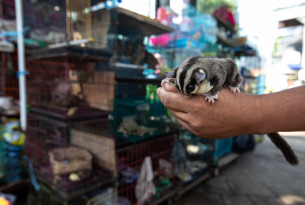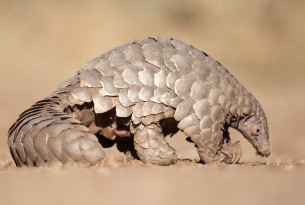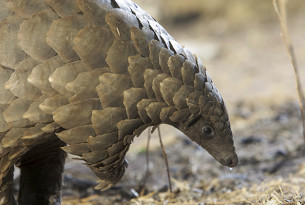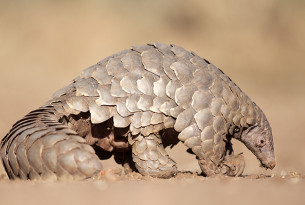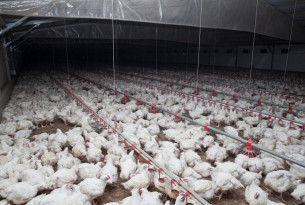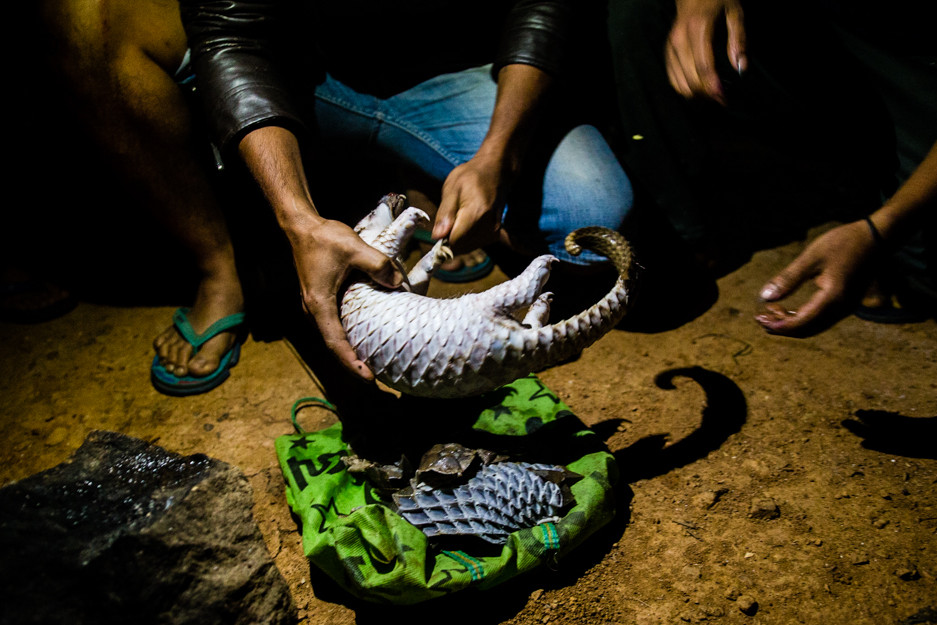
Music icon Jann Arden joins World Animal Protection in calling for an end to the global wildlife trade
Award winning singers and animal advocate Jann Arden is joining forces with World Animal Protection in calling on the federal government to permanently ban the global wildlife trade.
In an open joint letter to the Prime Minister, World Animal Protection states this would help prevent future pandemics such as COVID-19. Jann Arden and Buffy Sainte-Marie, along with a growing coalition of Canadian animal protection groups, zoonotic disease experts and ecologists, have signed the letter.
The wildlife trade and wildlife markets pose a serious risk to public health and animal welfare. It is widely acknowledged that a wildlife market in Wuhan, China played a significant role in the COVID-19 outbreak. The market reportedly sold many live and dead wild animals including bats, snakes and hedgehogs. Scientific research suggests the coronavirus may have been transmitted from bats to pangolins to humans. These markets typically have a diverse range of animals, forced into crowded, unsanitary conditions and in close proximity to humans. Outbreaks related to wildlife markets aren’t new and such environments can cause stress in animals which can make them more prone to contracting and shedding pathogens.
Jann Arden says it’s important to speak up for animals who don’t have a voice: “Like many Canadians, I care deeply about the welfare of animals. This global pandemic has shown us the devasting impact people’s current treatment of animals can have. Ending the global wildlife trade will help prevent animal suffering and future pandemics.”
Experts agree curbing the trade will be one of the most effective strategies, with 75% of new or emerging infectious diseases affecting human health come from animals, mainly wildlife.
Dr. Scott Weese, the Director of the Centre for Public Health and Zoonoses and professor at the University of Guelph, was one of the many experts to sign the letter. His background includes studying bacterial infections in animals and humans.
“Millions of bacteria and viruses remain undiscovered in wildlife and the more we encroach on their habitats and move them across the world, the greater the disease risk to people and animals. It’s not a matter of ‘if’ we’ll encounter a new disease. It’s ‘when’ will the next one occur,” says Dr. Weese.
This issue is not just unique to China, wildlife markets exist around the world. Millions of wild animals are captured, bred and traded for a variety of purposes including food, traditional medicine and as exotic pets. Animal suffering exists at every stage.
World Animal Protection’s Campaign Director Melissa Matlow says: “This is a global problem, requiring a global solution and support for this campaign is growing every week. Canadians are joining people around the world who are asking their governments to act and commit to end the wildlife trade. Now is the time to build our world back better and stop this problem at the source.”
Learn more about the coalition and what steps are needed to address this issue.


